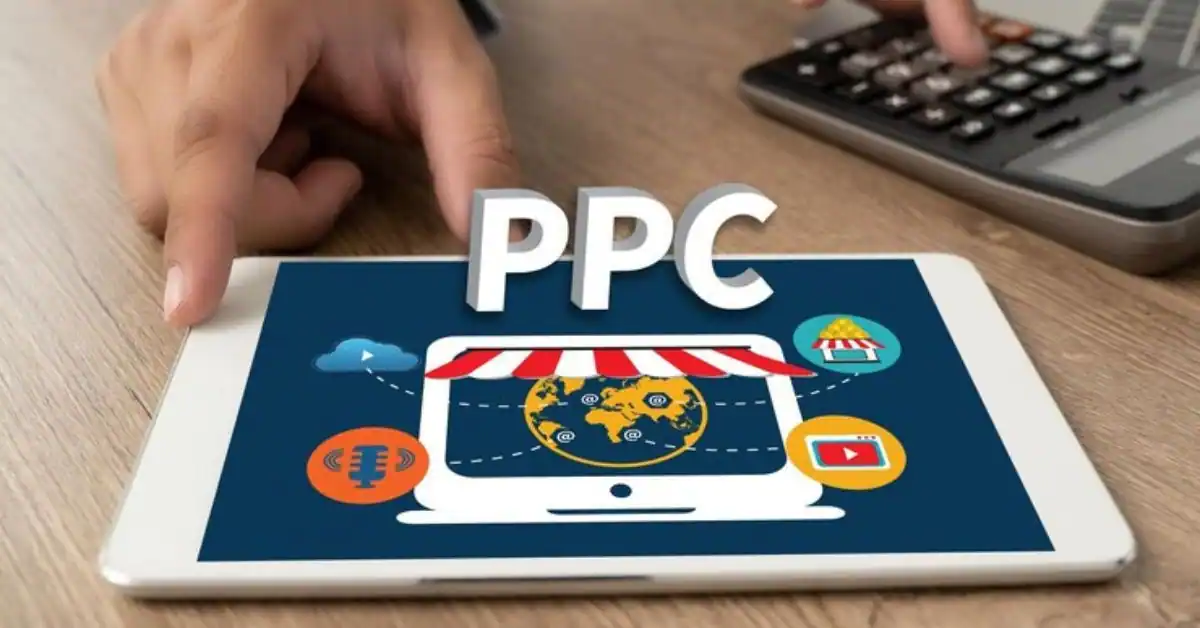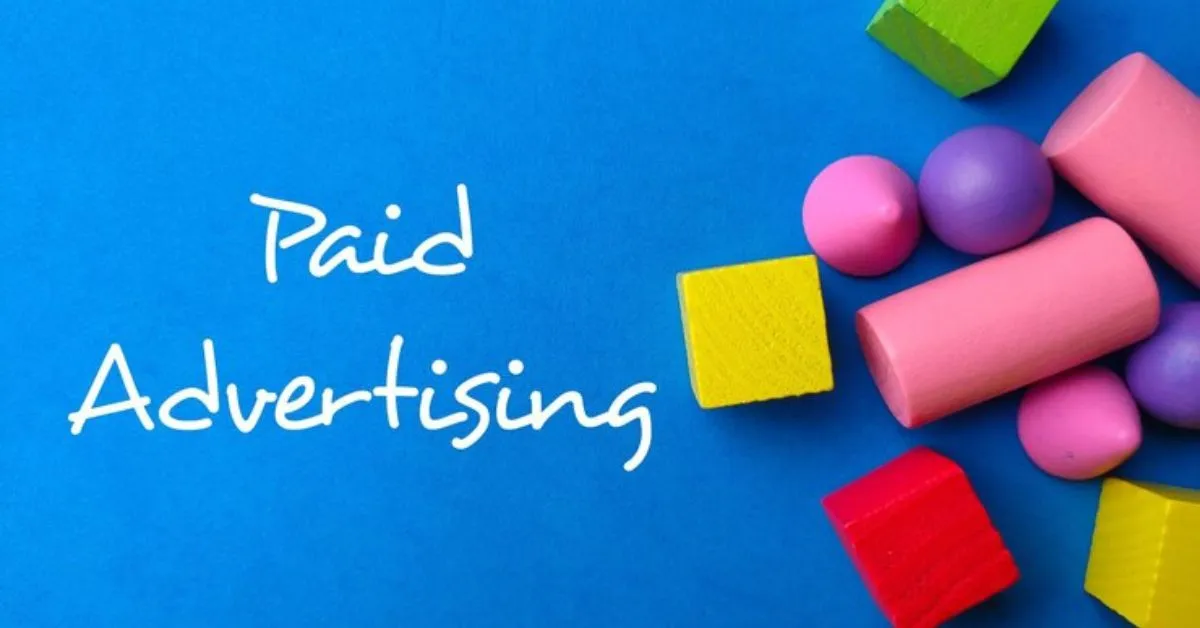Businesses are constantly searching for effective ways to boost their online presence and drive traffic to their websites. Pay-per-click (PPC) advertising has emerged as one of the most powerful tools in the marketer’s arsenal offering immediate visibility and measurable results.
Understanding PPC Advertising
PPC advertising is a model of internet marketing in which advertisers pay a fee each time one of their ads is clicked. Essentially, it’s a way of buying visits to your site rather than attempting to “earn” those visits organically. Search engine advertising is one of the most popular forms of PPC, with Google Ads being the leading platform.
The Mechanics of PPC
To understand how PPC ads deliver instant impact, it’s essential to grasp how they work. Advertisers bid on keywords relevant to their target audience. When a user searches for those keywords, the search engine displays ads that match the search query. The position of these ads depends on the advertiser’s bid and the ad’s quality score which considers the ad’s relevance and landing page experience.
Immediate Visibility and Reach
One of the most significant advantages of PPC advertising is its ability to deliver immediate visibility. Unlike SEO, which can take months to show results. PPC ads appear at the top of search engine results pages (SERPs) almost instantly after the campaign is launched. This instant placement ensures that your brand is visible to potential customers right when they are searching for products or services similar to yours.
Targeting the Right Audience
PPC ads allow for precise audience targeting. Advertisers can tailor their campaigns based on various parameters, such as demographics location device, time of day, and even specific interests and behaviors. This level of targeting ensures that your ads are shown to the right people, increasing the likelihood of clicks and conversions.
Cost-Effective Advertising
While PPC advertising requires a financial investment, it is a highly cost-effective method when managed correctly. Advertisers have complete control over their budget and can set a maximum cost-per-click (CPC) they are willing to pay. This flexibility ensures that you are only spending money when someone actually engages with your ad.
Measurable ROI
One of the standout features of PPC advertising is the ability to measure and track ROI accurately. Platforms like Google Ads provide detailed analytics, allowing advertisers to monitor impressions, clicks, conversions, and other key performance indicators (KPIs). This data-driven approach enables continuous optimization and ensures that marketing dollars are being spent efficiently.
Driving Traffic and Conversions
The primary goal of PPC advertising is to drive traffic to your website and convert that traffic into paying customers. With compelling ad copy, eye-catching visuals, and strategic landing pages, PPC ads can significantly enhance your site’s traffic and conversion rates.
Crafting Compelling Ad Copy
The effectiveness of a PPC campaign heavily relies on the quality of the ad copy. Well-crafted ads that address the pain points of your target audience and offer clear value propositions are more likely to attract clicks. Including strong call-to-actions (CTAs) can further encourage users to engage with your ad.
Optimizing Landing Pages
Once a user clicks on your PPC ad, they are directed to a landing page. Ensuring that this landing page is optimized for conversions is crucial. It should be relevant to the ad, easy to navigate, and designed to guide visitors towards taking a specific action, whether it’s making a purchase, filling out a form, or signing up for a newsletter.
Enhancing Brand Awareness
Beyond driving immediate traffic and conversions, PPC ads play a vital role in enhancing brand awareness. Even if users don’t click on your ads, the mere presence of your brand at the top of search results can create a lasting impression. Over time, this increased visibility can lead to greater brand recognition and trust.
Remarketing Strategies
Remarketing is another powerful aspect of PPC advertising that contributes to brand awareness. By targeting users who have previously visited your website but didn’t convert, you can keep your brand top-of-mind. Remarketing ads serve as gentle reminders, encouraging potential customers to return and complete their purchase.
Adapting to Market Trends
The digital landscape is constantly evolving, and businesses need to stay agile to remain competitive. PPC advertising offers the flexibility to quickly adapt to market trends and changing consumer behaviors. Whether it’s launching a new product, promoting a limited-time offer, or responding to seasonal demands, PPC campaigns can be adjusted in real-time to maximize impact.
A/B Testing and Optimization
Continuous improvement is key to a successful PPC strategy. A/B testing different ad copies, headlines, visuals, and landing pages allows advertisers to identify what resonates best with their audience. By analyzing performance data and making informed adjustments, campaigns can be optimized for better results over time.
Overcoming Common Challenges
While PPC advertising offers numerous benefits, it is not without its challenges. High competition, rising CPCs, and the need for ongoing management can pose obstacles. However, with the right strategies and tools, these challenges can be effectively overcome.
Managing Budget and Bids
Effective budget management is crucial for maximizing ROI. Advertisers need to carefully allocate their budget across different campaigns and adjust bids based on performance. Utilizing automated bidding strategies and setting bid adjustments for different devices and demographics can help optimize spending.
Staying Ahead of Competitors
In highly competitive industries, standing out can be challenging. Conducting thorough competitor analysis and identifying gaps in their strategies can provide valuable insights. Creating unique value propositions and leveraging long-tail keywords can help differentiate your ads and capture niche audiences.
Leveraging Advanced Tools and Technologies
To fully harness the power of PPC advertising, leveraging advanced tools and technologies is essential. Platforms like Google Ads offer a range of features, such as keyword planners, audience insights, and automated bidding, that can enhance campaign performance.
Integrating AI and Machine Learning
Artificial intelligence (AI) and machine learning are transforming the landscape of PPC advertising. These technologies enable more precise targeting, predictive analytics, and automated campaign optimization. By integrating AI and machine learning into your PPC strategy, you can achieve higher efficiency and better results.




